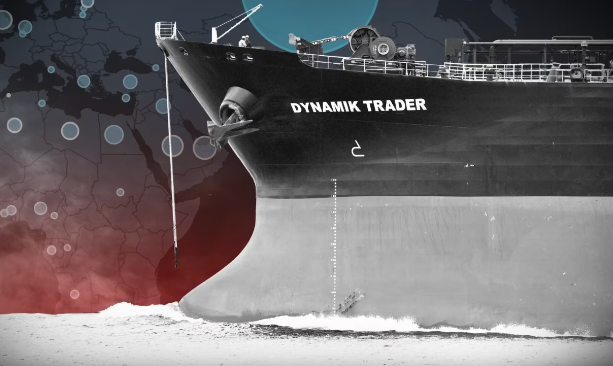What is Shadow Fleet?
The term ‘shadow fleet’ has emerged in discussions about the Russia-Ukraine conflict. It refers to tanker ships transporting Russian crude oil to various countries, often in contravention of sanctions. Western media has implicated India as a hub for this shadow fleet, suggesting it is facilitating the laundering of Russian oil.
About Sanctions
Sanctions are measures imposed by countries to restrict trade and financial transactions with targeted nations. The U.S. has imposed sanctions on Russia, particularly concerning its oil exports. These sanctions include a price cap, allowing Russia to sell oil only at $60 per barrel. However, market prices often exceed this limit, enabling Russia to gain more revenue than intended.
Global Shipping Structure
The global shipping industry is complex and diverse. Greek owners dominate with 20% of the fleet, while China has surpassed Japan in ownership. Most vessels are built in China, Japan, and South Korea, but marine insurance and regulations are largely centred in the U.K. and Europe. This structure complicates the enforcement of sanctions.
Flag States and Ownership
Ships are registered under flag states, which indicate their country of origin. However, to evade sanctions, vessels often switch flags. Flags of Convenience (FoCs), like Panama and Liberia, allow ship owners to obscure their identity and avoid strict scrutiny. This practice complicates tracking the true ownership of vessels.
Insurance in Shipping
Marine insurance is crucial for ship operations. Protection and Indemnity (P&I) insurance covers loss and damage at sea. P&I clubs, primarily based in London, pool risks among members. Ships found breaching sanctions risk losing their P&I coverage, which can severely impact operations.
Ship owners may change the management of their vessels to maintain insurance. For example, a Turkish ship trading Russian oil could switch to a European manager to retain P&I coverage. This allows the same owner to operate under a different management structure, effectively bypassing sanctions.
Shell Companies and Complex Ownership
Many corporations use shell companies to obscure ownership of vessels. These entities may own only one or two ships, complicating the identification of the actual owner. Additionally, some ships are registered in jurisdictions that do not comply with international regulations, such as Eswatini, which has become a new FoC.
India’s Involvement
Following the sanctions, several Russian ships formed partnerships with Indian firms. Many shifted operations to Dubai, where the Indian shipping presence is. The Indian Register of Shipping (IRS) reported an uptick in vessel certifications, raising suspicions of Indian involvement in the shadow fleet.
Challenges in Sanction Enforcement
Experts indicate that enforcing sanctions on Russian oil is challenging. The intricate nature of the shipping industry, coupled with obscure ownership structures, makes it difficult to track compliance. Additionally, there are concerns about the potential economic impact of strict enforcement on global markets.
Recent Actions by the U.K.
The U.K. has taken limited action against companies violating the price cap on Russian oil. Reports suggest that only mild measures were implemented against 35 companies. Industry voices argue that stringent actions could harm U.K. businesses, denoting the tension between regulatory compliance and economic interests.
Month: Current Affairs - October, 2024
Category: International / World Current Affairs







